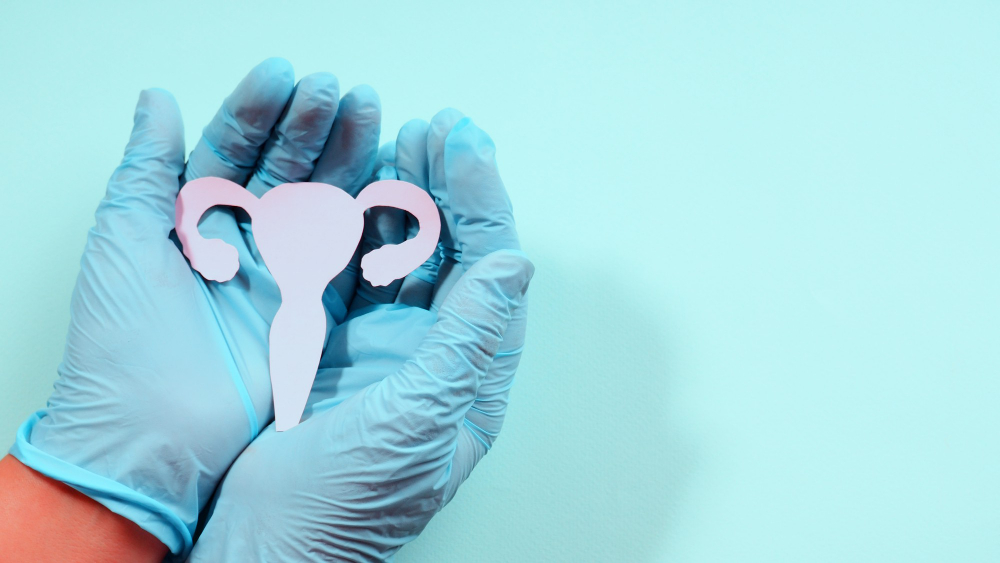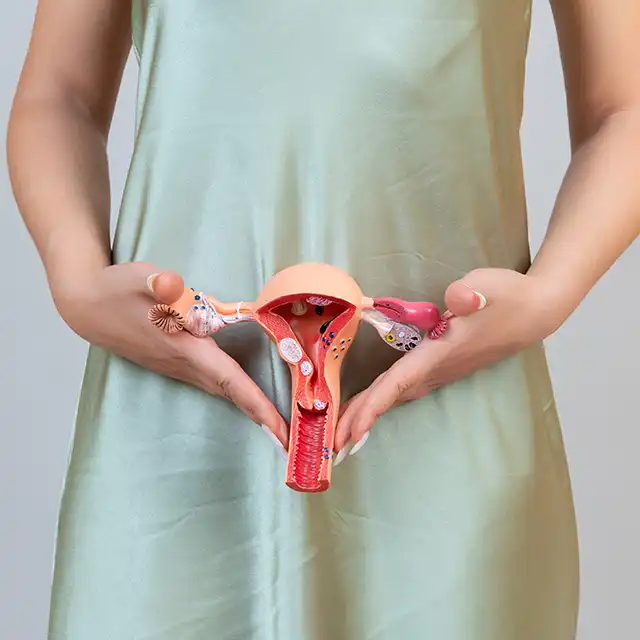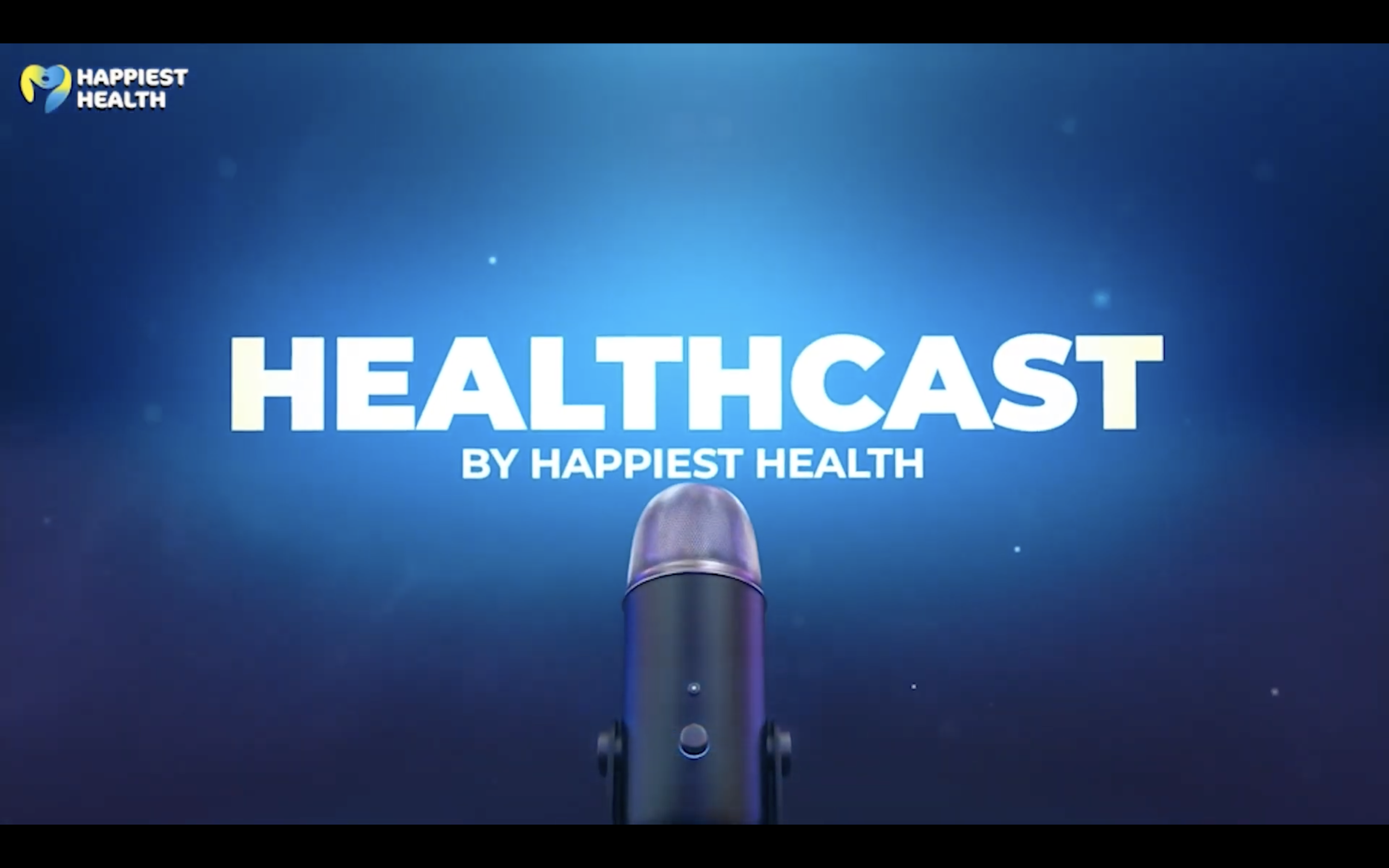
The names polycystic ovarian disease (PCOD) and polycystic ovarian syndrome (PCOS) are often used interchangeably. Although they can be similar in many ways, they are very distinct conditions.
Women have two ovaries that alternatively release an egg every month. The ovaries also produce female hormones, oestrogen and progesterone as well as a tiny amount of male hormone, androgen. PCOD meaning is a medical condition in which the ovaries release many immature or partially mature eggs. Whereas polycystic ovary syndrome meaning is a metabolic disorder caused by a hormonal imbalance because of an increase in the level of the male hormone it produces. Dr Sarada Saranu, senior gynaecologist, Kamineni Hospitals, Hyderabad, says that PCOS is the endocrine system’s disorder. The endocrine system comprises all the glands that produce hormones; ovaries are part of the endocrine system. In polycystic ovary syndrome, when the ovaries produce an excess of male hormones, it sometimes results in the failure of the ovary to release an egg altogether, and when immature or partially mature eggs are released, the number of eggs is much higher than in PCOD. This is the reason the ovary is seen as more enlarged during an ultrasound in PCOS than in PCOD.
PCOD also causes hormonal imbalances in the body. Dr N Sapna Lulla, lead consultant, obstetrics and gynaecology, Aster CMI Hospital, Bengaluru, says that PCOD is a medical condition where a large number of immature or partially mature eggs are released from the ovaries. Over time, it leads to the formation of cysts. “The ovaries then become large and begin to secrete a large amount of male hormones thereby causing infertility, irregular menstrual cycles, hair loss and abnormal weight gain.
Dr Saranu says that PCOD affects girls as young as 11 or 12 (just after they get their first menstrual period) and could continue to affect them till their 20s or 30s if it is not treated properly. Meanwhile, PCOS usually affects any woman in their reproductive years (12 to 51).
Causes of PCOD and PCOS
Many factors cause PCOD. Dr Lulla points out the role of hormones in the cause of the condition. “Follicle-stimulating hormone (FSH) and Luteinizing Hormone (LH) are required to initiate egg maturation. The reduction of FSH causes partial development of follicles, and this causes PCOD,” she says. Stress can also be a factor that can contribute to one developing the condition. “When there is stress, there could be an excessive production of androgen in the ovaries. This hormonal imbalance can also cause PCOD,” she adds. Another factor that could cause PCOD is insulin resistance.
“PCOS results from a combination of causes, including genes and environmental factors. Factors such as excess insulin can also lead to an increase in androgen production, causing difficulty with ovulation. And irregular ovulation can make it difficult for one to get pregnant,” says Dr Lulla.
Symptoms
Dr Saranu says that irregular menstrual cycle, hair loss and abnormal weight gain are the main symptoms of PCOD apart from acne, obesity and darkening of the skin. In PCOS, the clinical symptoms are anovulation (inability to ovulate), hyperandrogenism (excess androgen) which leads to hirsutism (excess hair growth on the face, chest or back), acne, alopecia (hair loss), menstrual disturbance, infertility and obesity.
Diagnosis
According to Dr Saranu, the criteria to diagnose PCOD are irregular periods, higher levels of androgen (male hormones) shown in blood tests or symptoms like acne, male-pattern balding or extra hair growth on the face, chin or body. Knowing the medical history of the person, particularly the menstrual history and weight changes, is also important.
“Tests such as pelvic examination, tests to check the levels of male sex hormones (testosterone), blood tests to identify the levels of Luteinizing Hormone (LH), Follicle-stimulating hormone (FSH) and prolactin, and tests to check the levels of progesterone and thyroid hormones are used to diagnose PCOD,” says Dr Lulla.
Tests such as a pelvic exam, blood tests and ultrasound are generally recommended for the diagnosis of PCOS. “Other tests like periodic checks of blood pressure, glucose tolerance, cholesterol and triglyceride levels, along with screening for depression, anxiety and obstructive sleep apnea are conducted to check the complications,” says Dr Lulla.
Managing the conditions
Dr Lulla points out that PCOD can be managed by diet and lifestyle modifications. “The best way to control and manage PCOD is by ensuring proper weight management. Hence, regular exercise and maintaining a healthy diet are crucial. A diet consisting of high protein, high fibre, low sugars and carbohydrates is recommended for people with PCOD,” she says. Though there is no cure for PCOD, a healthy lifestyle can manage the condition considerably. “Apart from exercising regularly, it is also important for people with PCOD to get enough sleep and eat timely meals,” she adds.
PCOS vs PCOD, PCOS is a serious condition and needs proper medical attention. Dr Saranu says that women with PCOS have features of metabolic syndrome such as visceral obesity, hyperinsulinemia (excess insulin) and insulin resistance. These place people with PCOS at a high risk of developing cardiovascular diseases (CVD), type 2 diabetes (DMT2) and gynaecological cancers like endometrial cancer.
In women with PCOS, medicines are prescribed to regulate the menstrual cycle and ovulation. Medicines could also be given to reduce excessive hair growth. “Women with PCOS are often insulin resistant; their bodies can make insulin but can’t use it effectively. Lifestyle modifications include maintaining a healthy weight, limiting carbohydrate intake and exercising. These are important to manage insulin levels and control the symptoms,” says Dr Lulla.

















